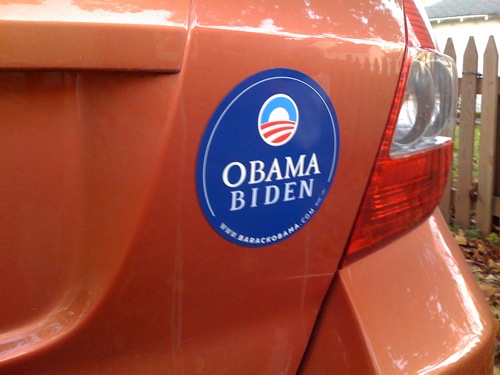 It’s still sinking in that Barack Obama is going to be our next president. Is it real?
It’s still sinking in that Barack Obama is going to be our next president. Is it real?
I’m so used to not believing in our leadership, I’m not sure how to handle myself. I would say that I haven’t felt this way since… something, except for the fact that I haven’t ever felt this way.
I was born just as Nixon was falling apart at the height of the Watergate scandal. Although I lived through Gerald Ford’s entire (brief) presidency, the first president I remember is Jimmy Carter. I knew we were supporting him in the 1980 election, and then… that was it. From the time I was in first grade until I was a freshman in college, our country was led by either Ronald Reagan or George Bush (the elder). Whatever enthusiasm I held as a student for native son Walter Mondale and amiable schmuck Michael Dukakis was in vain. (OK, he wasn’t really a schmuck, but even I remember him best for that ridiculous picture of him in the tank with the oversized helmet on his head.)
I turned 18 in 1992, and eagerly attended the (non-binding) primary election to cast my very first vote ever for… Bill Clinton. I voted for him again in the general, and again for re-election in 1996. I believed in him, and in Al Gore, though my enthusiasm diminished over years of rightward drift, ineffective battles with Newt Gingrich’s Republican House, and the whole Monica Lewinsky thing, which as far as I (and just about everyone I knew) was concerned, should have been a non-issue. But I never really admired Bill Clinton.
In 2000 I jumped on the “there’s no difference between the two major parties” bandwagon, going so far as to place a Nader/LaDuke bumper sticker on my car, before finally coming to my senses and casting my vote for Al Gore. Sadly, my primary season prophecy that, if nominated and elected, George W. Bush would find some excuse, any excuse, to go (back) to war with Iraq proved true. The rest is history. Except it’s still happening.
In 2004, I supported John Kerry, but I certainly related to the sentiment conveyed best by the infamous website, JohnKerryIsADouchebagButImVotingForHimAnyway.com. Seriously, Democrats, one of the demonstrably worst presidential terms in history, and this is the best you can do? And of course, the Democrats’ best wasn’t good enough.
But something significant did come out of that 2004 election. A (relatively) young senatorial candidate out of Illinois named Barack Obama made his debut on the stage of the Democratic National Convention, delivering a speech of such eloquence, substance and vision, that many (myself included) were left wondering, “Why didn’t we nominate that guy?”
This year we had our chance. Despite my leanings from day one of his campaign, soooo long ago, it was not until the eve of the Democratic caucus in February that I committed myself to supporting Obama. The eloquence of his speeches was matched by his calm, focused demeanor, by his thoughtful introspection and progressive vision in place of the usual political canned answers and paint-by-numbers policy platforms, and by the smooth, unfailing efficiency and organization of his campaign. He was simply the candidate for this moment in time. As America entered its darkest hour, here was a gleaming ray of hope for a new day, a new era, a new America.
So, like I said at the beginning, I’ve never felt the kind of passionate support for a candidate (although SLP described it as a “man crush”) as I did for Barack Obama, and I have never been so elated by an electoral victory. There simply has not been the kind of candidate, from either party, to move people like this in my lifetime. Some would argue Reagan, perhaps, but I believe (and always have) that Reagan’s vision was fundamentally flawed, tragically skewed to point our nation inevitably in the direction it has headed over the past 8 years, and largely over the past three decades.
A new day is upon us. This election is profoundly significant for many reasons, not the least of which is the unprecedented transformation in race relations that is now made possible by the pending inauguration of our first African-American president. That’s huge, it’s profound, and it’s long overdue. But that’s just part of it. As President-Elect Obama has said himself, there is not a black America, or a white America, or a Latino or Asian or Native American America. There is the United States of America. And today, despite the 20 red states on the map and the 46% of us who voted for John McCain, we have never been more united across the many long-standing internal divisions we’ve faced, than we are today.
The last politician who inspired this kind of enthusiasm and who brought America this kind of vision was Robert Kennedy. The last president who entered office at such a challenging time, with such a transformative vision, was Franklin Delano Roosevelt. I believe Barack Obama has the potential to have the enduring positive impact on this country that FDR did, and perhaps even more. He may usher in a new era in the world, an era of greater understanding and cooperation and vision for our collective future as one people, one planet.
That’s a tall order. Barack Obama is brilliant, gifted, and committed, but he is just one man. The kind of transformation his election demands is something that will affect, and be affected by, all of us. But it’s a transformation we should undertake, to believe in ourselves again, to believe in each other, to believe in a world that will be better tomorrow than it is today, and to believe that anything is possible. We just have to make it happen.
 It’s still sinking in that Barack Obama is going to be our next president. Is it real?
It’s still sinking in that Barack Obama is going to be our next president. Is it real?
